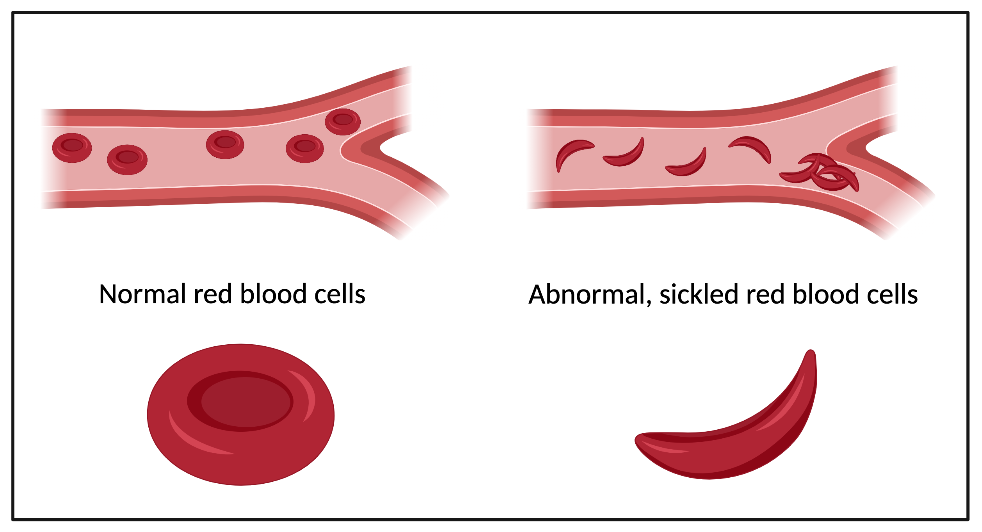The 19th of June every year is set aside to commemorate the World Sickle Cell Day. With over 300,000 babies born with the sickle cell disease every year, Nigeria has the highest burden of Sickle cell disorders (SCD) in the world. This leaves one with questions on if agriculture has anything to do with the impact of agriculture on a person living SCD in ensuring a long and active life. Agriculture does not directly play a role in the treatment of sickle cell disease, which is a genetic blood disorder. Sickle cell disease is caused by a mutation in the gene responsible for hemoglobin production. However, there are some indirect ways in which agriculture and food systems can contribute to the overall well-being of individuals with sickle cell disease:
- Nutritional support: Proper nutrition is crucial for managing sickle cell disease and supporting overall health. Agriculture plays a role in providing a diverse range of nutrient-rich foods, such as fruits, vegetables, whole grains, and lean proteins, which are important for individuals with sickle cell disease. A well-balanced diet can help prevent complications, support immune function, and improve overall well-being.
- Folic acid supplementation: Folic acid is a B vitamin that helps in the production of healthy red blood cells. Individuals with sickle cell disease often have an increased need for folic acid. Folic acid can be obtained from food sources such as leafy green vegetables, legumes, and fortified cereals, which are products of agriculture.
- Access to fresh and safe food: Adequate access to fresh and safe food is essential for individuals with sickle cell disease. Agriculture plays a vital role in producing and distributing food to ensure its availability. It is important to have access to a variety of foods to meet nutritional needs and maintain overall health.
- Disease prevention: While agriculture does not directly treat sickle cell disease, it contributes to overall disease prevention through food safety measures. Proper handling, processing, and storage of food products reduce the risk of bacterial or viral infections, which can be particularly harmful to individuals with compromised immune systems, including those with sickle cell disease.
- Iron supplementation: Sickle cell disease patients often require iron supplementation due to the increased breakdown of red blood cells and chronic anemia. While the iron content in plant-based foods is generally lower than in animal products, certain crops, such as leafy greens (spinach, kale), legumes (beans, lentils), and fortified cereals, can contribute to dietary iron intake. Agricultural practices that promote the production and availability of iron-rich crops can indirectly support individuals with SCD in meeting their nutritional needs.
- Supportive environment: Agriculture can indirectly contribute to the well-being of individuals with sickle cell disease by creating a supportive environment and reducing stress. Stress can exacerbate symptoms and complications of SCD. Engaging in outdoor activities, such as gardening or farming, can provide a therapeutic effect, reducing stress and promoting mental well-being. Agriculture-related activities can serve as a form of physical exercise and relaxation, which may positively impact the management of SCD symptoms. This stress reduction comes from a sense of connection to nature, which can have positive impacts on overall health and well-being.
In summary, it is important to note that the primary treatment for sickle cell disease involves medical interventions such as medications, pain management, blood transfusions, and, in some cases, bone marrow transplantation. These treatments are provided by healthcare professionals and are not directly related to agriculture. While agriculture indirectly supports the overall well-being of individuals with SCD, it should not be considered a replacement for medical treatments or therapies prescribed by healthcare providers.


